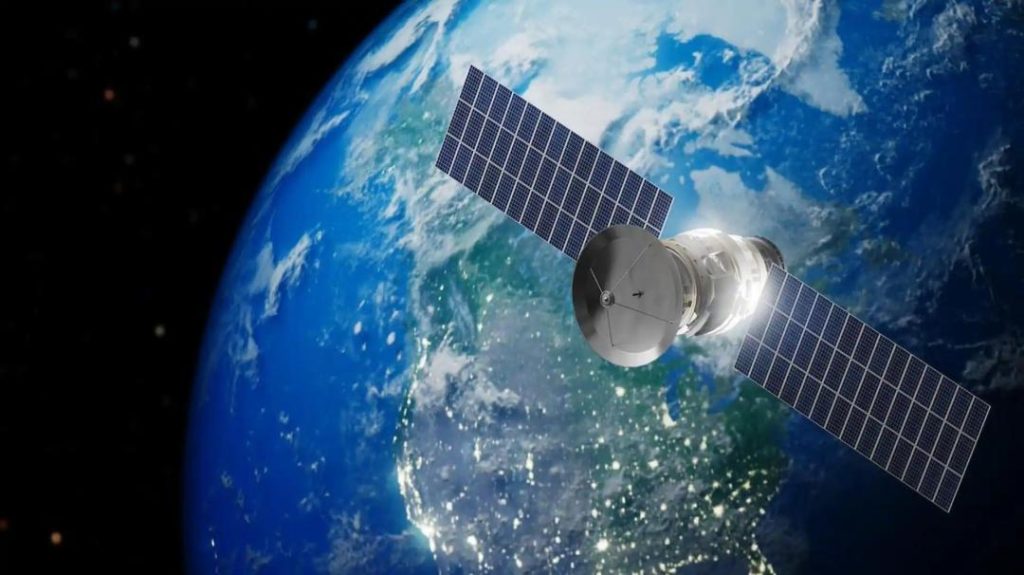
What are Space Pirates & How Can Satellites be Secured from Them?
In recent years, the term “space pirates” has gained significant attention, particularly in the context of satellite security. Space pirates are individuals or groups that attempt to attack man-made satellites either virtually or physically using various methods. The threat of space piracy has become a pressing concern for countries and companies that own and operate satellites, which play a crucial role in modern communication, navigation, and Earth observation.
In this blog post, we will delve into the world of space piracy, exploring what it is, how it can be perpetrated, and most importantly, how satellites can be secured from these threats.
What are Space Pirates?
Space pirates are individuals or groups that seek to exploit the vulnerabilities of satellites for personal gain or political motivation. They may use various methods to attack satellites, including hacking, jamming, or even physically destroying them. The rise of space piracy is attributed to the increasing reliance on satellites for global communication, navigation, and other essential services.
There are several types of space pirates, including:
- Cyber pirates: These individuals use sophisticated hacking techniques to gain unauthorized access to satellite systems and steal sensitive data or disrupt their operations.
- Physical pirates: These individuals or groups attempt to physically destroy or damage satellites using missiles, lasers, or other methods.
- Intellectual pirates: These individuals or groups steal or tamper with satellite technology or intellectual property.
How Can Satellites be Secured from Space Pirates?
Securing satellites from space pirates requires a multi-layered approach, incorporating ground-to-space operations and cutting-edge technology. Here are some measures that can be taken to protect satellites:
- Cybersecurity: Implementing robust cybersecurity measures is crucial to preventing cyber pirates from hacking into satellite systems. This can include encryption, firewalls, and intrusion detection systems.
- Physical protection: Satellites can be equipped with physical protection systems, such as shields or debris shields, to prevent damage or destruction.
- Satellite monitoring: Regular monitoring of satellite systems can help detect and respond to potential threats in real-time.
- Ground-to-space operations: Establishing strong ground-to-space operations can enable rapid response to physical acts of piracy.
- International cooperation: Collaboration between countries and space agencies can help develop shared standards and protocols for satellite security.
Devising Methods of Quick Space Travel
According to experts, one of the key challenges in securing satellites from space pirates is the lack of rapid response capabilities. Satellites are often located in remote orbits, making it difficult to respond quickly to physical acts of piracy. To address this challenge, methods of quick space travel must be devised to enable rapid response to threats.
Conclusion
Space piracy is a growing concern for countries and companies that own and operate satellites. To secure satellites from these threats, a multi-layered approach is necessary, incorporating ground-to-space operations, cybersecurity, physical protection, satellite monitoring, and international cooperation. Moreover, devising methods of quick space travel is crucial to enable rapid response to physical acts of piracy.
As the world becomes increasingly reliant on satellites, it is essential to prioritize satellite security to ensure the continued functioning of critical infrastructure and services.






